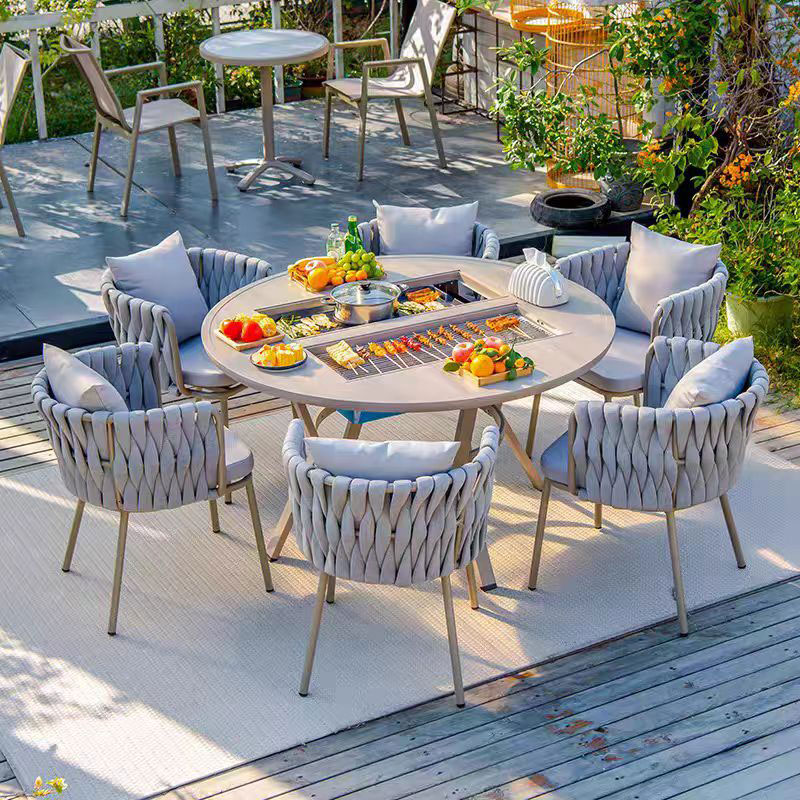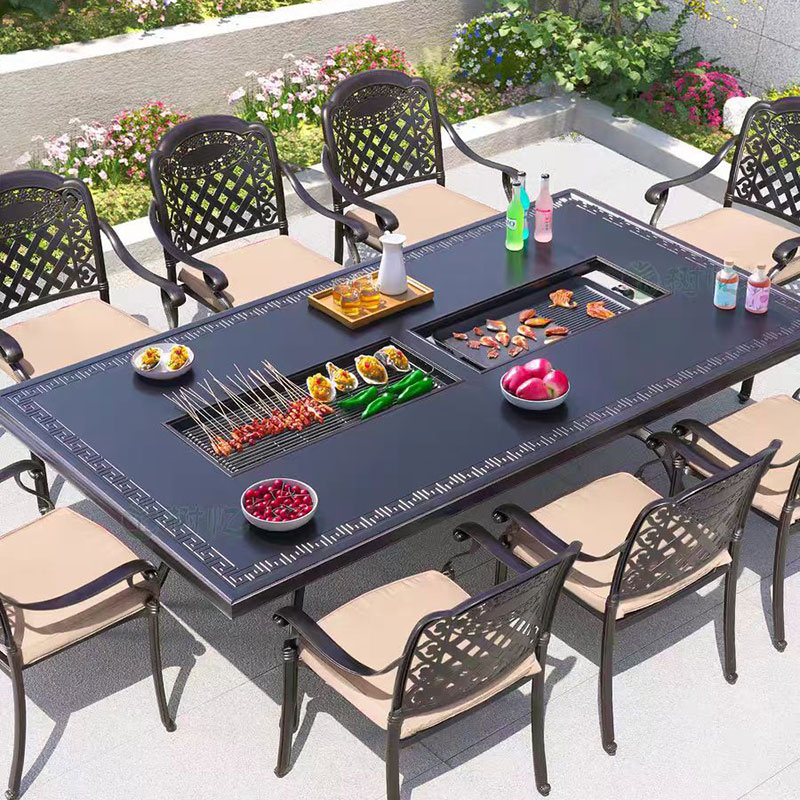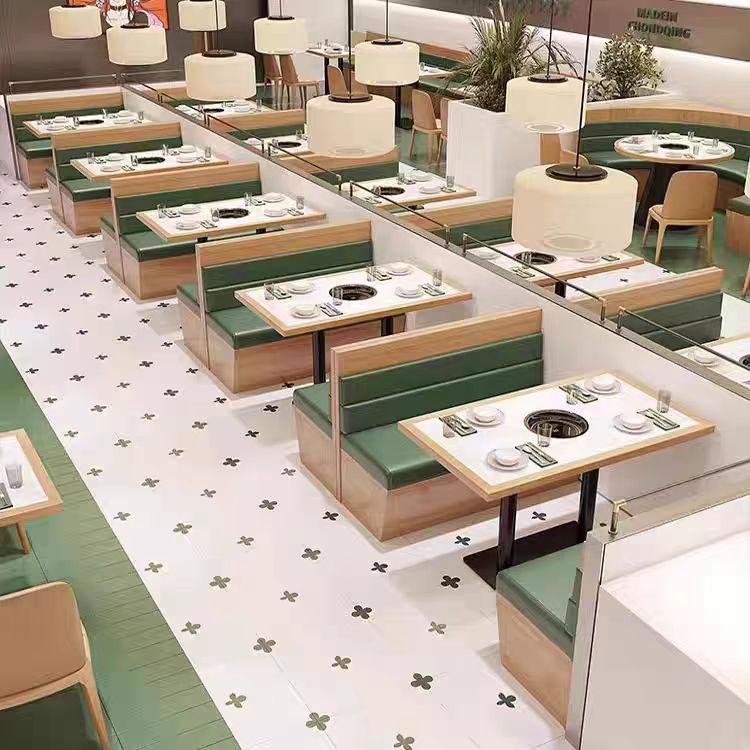As the global hospitality sector adapts to post-pandemic travel behaviors and evolving guest expectations, the hotel furniture industry is undergoing a paradigm shift. In 2025, manufacturers and hoteliers are prioritizing a triad of sustainability, smart functionality, and sensory design to redefine guest experiences.
Sustainable Materials Take Center Stage
Environmental responsibility has become a non-negotiable in furniture procurement. Brands are increasingly sourcing FSC-certified hardwoods, recycled aluminum frames, and upholstery made from ocean-bound plastics. Innovations like mushroom-based composites and plant-derived leather substitutes are gaining traction, with properties mirroring traditional materials while reducing carbon footprints. A recent industry survey shows 68% of luxury hotels now mandate eco-certified furniture for renovations, up from 42% in 2022.
Adaptive Design for Fluid Spaces
The rise of "hybrid hospitality"—spaces that morph from work zones to relaxation areas—has fueled demand for modular furniture systems. Collapsible partitions with integrated power outlets, convertible ottomans that transform into luggage racks, and wall-mounted desks with built-in wireless charging are standard in new builds. Boutique hotels are leading the trend, with 45% incorporating multi-purpose pieces that can reconfigure suites in under 10 minutes for meetings, events, or extended stays.
Biophilic Elements Meet Tech Integration
Designers are merging natural aesthetics with smart technology to create "healing environments." Furniture lines now feature live-edge wood tables with embedded LED mood lighting, stone-inlaid headboards with built-in soundscapes, and planter dividers that double as air-purifying systems. Touchless interfaces are also proliferating: hotel room wardrobes with motion-sensor lighting and minibars that auto-restock via IoT connectivity exemplify the seamless blend of nature and tech.
Cultural Craftsmanship in Modern Forms
Global travel’s resurgence has spurred a demand for furniture that tells a local story. Artisanal techniques like Japanese joinery, Moroccan tile inlay, and Scandinavian wicker weaving are being reimagined in contemporary silhouettes. A Southeast Asian hotel chain, for instance, recently debuted a collection featuring teak wood carved by indigenous artisans, paired with minimalist metal frames—a nod to heritage while appealing to modern design sensibilities.
Post-Pandemic Hygiene Innovations
While hygiene protocols have normalized, furniture design continues to reflect health-conscious features. Antimicrobial copper alloys in drawer handles, UV-C sanitizing compartments in nightstands, and easy-to-dismantle upholstery for deep cleaning are now standard in select-service properties. Some manufacturers have even developed self-disinfecting tabletops using photocatalytic nanocoatings, reducing manual cleaning needs by 30%.
As travel rebounds and guest expectations rise, the hotel furniture market is projected to grow at a CAGR of 5.2% through 2030, driven by these converging trends. Industry insiders note that hotels prioritizing sustainable, tech-embedded, and culturally resonant furniture are achieving 22% higher guest satisfaction scores—a clear indicator that design now plays a pivotal role in brand differentiation.





